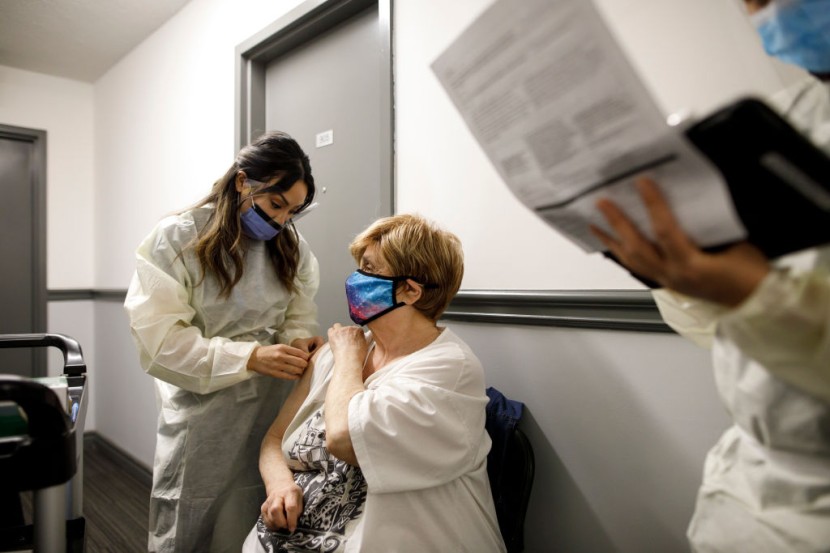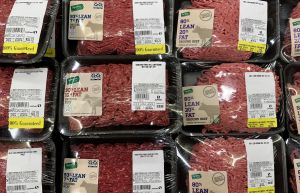
Canada on Monday suspended the use of the AstraZeneca COVID-19 vaccine for adults under 55 amid concerns it could be linked to rare blood clotting. The halt was advised by the National Advisory Committee on Immunization (NACI) for safety reasons.
Canada Suspends Use of AstraZeneca Vaccine for Under 55s
According to Health Canada, in a statement, the action ensued in the light of data being reported from Europe regarding extra cases of especially rare adverse events of "thrombosis (blood clots) with thrombocytopenia (low blood platelets)" transpiring after vaccination with the AstraZeneca vaccine. The country has received 500,000 doses of the AstraZeneca vaccine so far, all produced by the Pune-based Serum Institute of India (SII) under the brand Covishield.
Provincial health authorities, involving such in Quebec, Ontario, Alberta, and British Columbia, paused the AstraZeneca doses after the nation's vaccine advisory committee advised the pause on administering it to younger people. This is deemed as another setback for Canadian Prime Minister Justin Trudeau's inoculation effort, which is off to the second-slowest start among Group of Seven nations, reported The Print.
According to Dr. Shelley Deeks, vice chair of the NACI, "There is substantial uncertainty about the benefit of providing AstraZeneca COVID-19 vaccines to adults under 55 given the potential risks." She added the updated advisory arrive amid new information from Europe that suggests the risk of blood clotting is now potentially as high as one in 100,000. This is much higher than the one in one million risk perceived earlier, reported 7 News.
The vice chair also stated most of the European patients who developed a rare blood clot upon immunization with AstraZeneca were women under age 55. The fatality rate among individuals who develop clotting is as high as 40%.
68-Year-Old Kansas Woman Dies Allegedly Due To COVID-19 Vaccine
The novel coronavirus vaccines had arrived in Canada on March 3. This was part of a larger two-million-dose negotiation that had been implemented after Trudeau had requested his Indian counterpart Narendra Modi for coronavirus vaccine supplies in a telephone conversation on February 9. So far, the country has utilized more than 60% of that tranche, which comes to over 300,000 shots, according to health authorities, reported Hindustan Times.
Canada is slated to receive 1.5 million doses of the AstraZeneca dose from the United States this week. Merely 1.8% of Canadian residents are fully inoculated, in contrast to 15.8% in the US, cited Bloomberg's Vaccine Tracker.
According to Dr. Joss Reimer of Manitoba's vaccine implementation taskforce, notwithstanding the finding that there was no increase susceptibility of blood clots overall associated with AstraZeneca in Europe, a rare but severe side-effect has been witnessed primarily in young European women. Reimer stated the rare type of blood clot typically transpires between four and 20 days following vaccination. The symptoms could mirror a heart attack or stroke.
However, Health Canada clarified until now, there have been no cases of such events (side effects such as potential blood clots) have been recorded in Canada. It is issuing "additional terms and conditions" to SII and Verity Pharmaceuticals, its Canadian partner.
Most of the vaccines disseminated so far have been the Moderna or Pfizer shots. They were approved by Canadian health authorities months prior to the AstraZeneca vaccine.
© 2026 HNGN, All rights reserved. Do not reproduce without permission.








